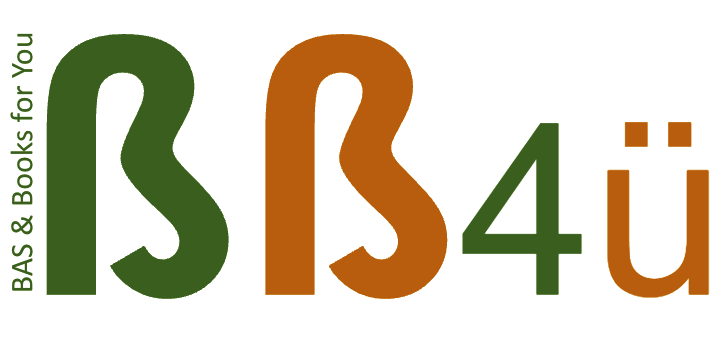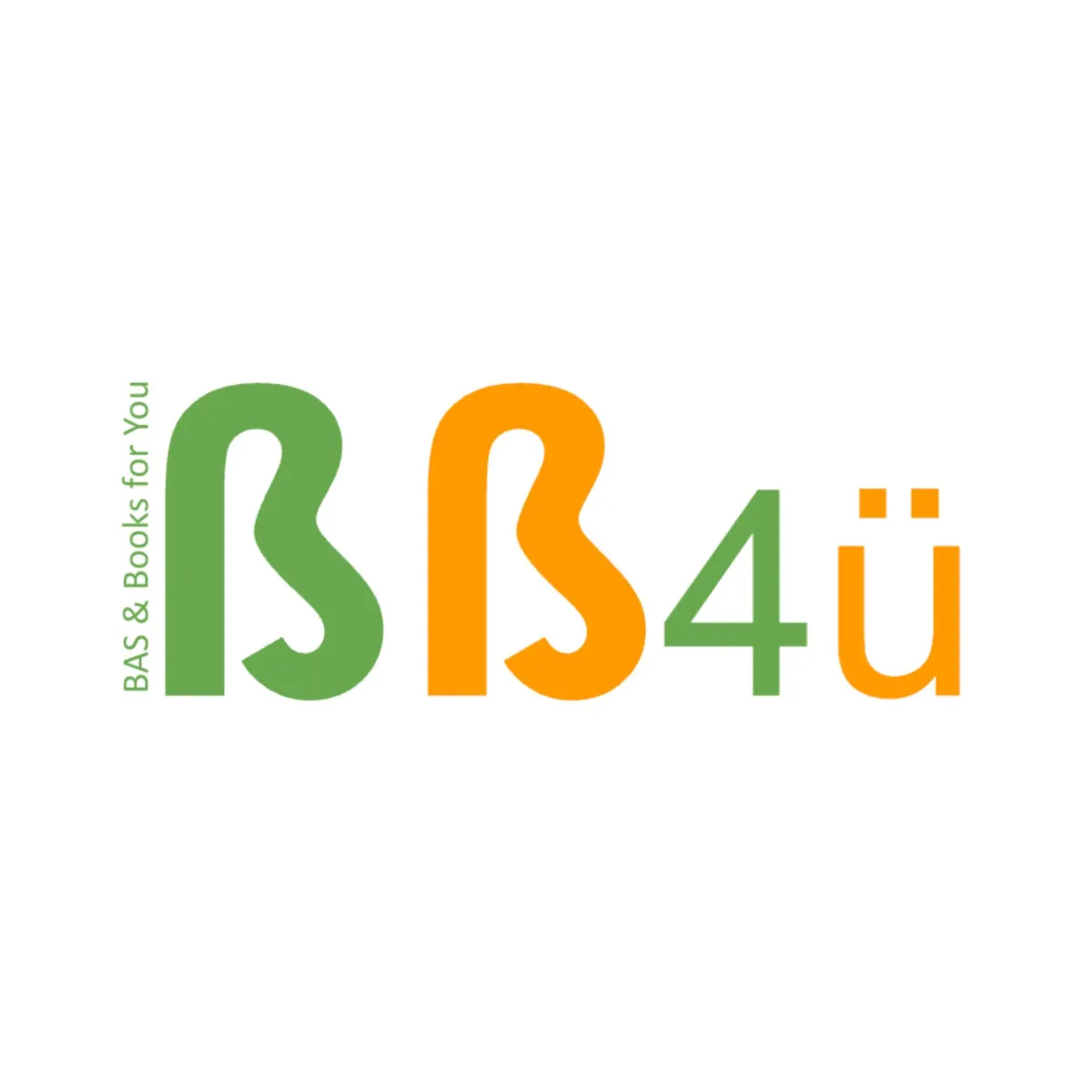PERSONAL SERVICE INCOME
PSI - Personal Service Income
Personal services income (PSI) refers to income that is primarily generated (more than 50%) from an individual's skills or efforts. To determine if income is classified as PSI, each contract needs to be evaluated separately. If more than 50% of the income from a specific contract is a result of personal efforts or skills, rather than from the use of assets, sale of goods, or a business structure, then it is considered PSI.
The terms and conditions of the contract, along with invoices and written agreements, can help determine what percentage of the income is for personal efforts or skills versus other factors like materials or equipment. If 50% or less of the income is for personal efforts or skills, then none of the income from that contract is PSI.
Key points:
• PSI is income mainly from personal skills or efforts.
• Each contract is assessed separately to determine if income is PSI.
• PSI can be earned directly or indirectly.
• Only individuals can earn PSI.
Claiming deductions when receiving PSI
If your income is PSI, the types of deductions you can claim may be affected, and you must first determine if you are earning PSI and if the PSI rules apply to you.
Generally, when you earn PSI, it is as if you are an employee, and your business can claim deductions against PSI received only if the expenses were incurred to produce the income, and you would be entitled to the deduction as an individual. This is true for all PSI, regardless of how it was earned.
You must keep records of your transactions (including expense claims) for 5 years, and these records must show whether the expenses relate to PSI or other income. If PSI is generated by more than one individual in a business, the deductions must be allocated to each individual based on the income they received.
For further information, see TR 2003/10 Income Tax: deductions that relate to personal services income.
Deductions that can't be claimed against PSI
If the PSI rules apply to your situation, you cannot deduct the following against your PSI:
• Rent, mortgage interest, rates, and land tax
• Payments to associates for work that is not principal work
• Super contributions for associates for work that is not principal work
PSE - Personal Service Entity
PSI can be earned in various industries and professions and can be earned directly as a sole trader or indirectly through another entity (such as a company, partnership, or trust).
In cases where PSI is earned indirectly through another entity, that entity is referred to as a 'personal services entity' (PSE).
When income is PSI and the attribution rules apply, the entity is treated as merely a vehicle to channel income to the individual. The entity itself is generally not viewed as carrying on an active business.
ATO Position (TR 2022/3)**:
The ATO clearly indicates that simply receiving and passing through PSI does not constitute carrying on a business by the entity. Without passing the results test, and given all income is PSI attributed directly, the entity is unlikely to be considered to have the characteristics required to satisfy a business.
Self-assessing as a PSB - Personal Services Business
When a company, partnership, or trust has multiple individuals generating personal services income (PSI), the personal services business (PSB) tests and self-assessment rules must be applied to each person individually. The results may vary, as one individual may meet the PSB criteria while another does not.
To self-assess as a PSB , you must either meet the results test , or meet another PSB test and pass the 80% rule.
If you pass the results test, your business is a PSB for that income year. The PSI rules don't apply to the income you earn from this PSB. To pass the results test, you need to meet all 3 of the following conditions for at least 75% of your PSI you earnt:
• You must be paid to produce a specific result.
• You are required to provide equipment or tools (if required).
• You are required to fix mistakes at your own cost.
If you do not pass the 'Result test', you must meet the 80% rule to self-assess using one of the following tests:
a. Unrelated Client Test
To pass the unrelated clients test in an income year, you must meet both of the following conditions:
• You must have received PSI from 2 or more unrelated clients.
• There must be a direct connection between the offer to the public and you being engaged to perform the work.
Unrelated clients are clients who aren't associated with each other or with you. Companies in the same group are related, as they are controlled by the same entity.
b. Employment test
To pass the employment test, your business must employ or contract others to help perform work that generates your PSI, and you must meet one of the following conditions:
• at least 20% of the principal work is performed by others
• one or more apprentices are employed for at least 6 months of the income year.
c. Business premises test
You will pass the business premises test if at all times in the income year you maintained and used a business premises which meets all of the following conditions:
• used mainly to gain or produce PSI
• used exclusively by you
• physically separate from your private premises
• physically separate from your clients' premises

